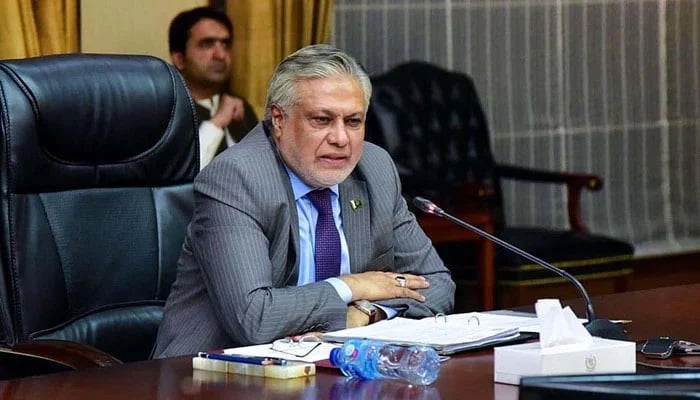Pakistan has categorically rejected Indian media reports claiming that Islamabad sought a ceasefire following last month’s military confrontation. The Foreign Office (FO) stated that Deputy Prime Minister Ishaq Dar never made such claims, emphasizing that Pakistan acted in self-defense after India’s unprovoked missile strikes. The FO’s statement came in response to misleading narratives suggesting Pakistan had requested an end to hostilities.
The FO disclosed that the ceasefire was facilitated by third-party diplomacy, not Pakistani appeals. On May 10, 2025, US Secretary of State Marco Rubio called FM Dar at 8:15 AM, informing him of India’s willingness to cease fire if Pakistan agreed. Shortly after, Saudi Foreign Minister Prince Faisal confirmed the same offer. Pakistan consented, leading to the de-escalation of the 87-hour conflict, which had raised fears of a nuclear exchange.
During the standoff, Pakistan’s Operation Bunyan um Marsoos (Iron Wall) successfully countered Indian aggression, shooting down six Indian fighter jets, including advanced Rafale aircraft. Despite Pakistan crediting US President Trump for his mediation role, India has repeatedly denied any external involvement in the ceasefire. The US, however, has reaffirmed its willingness to mediate the Kashmir dispute, a longstanding point of contention between the two nations.
While the ceasefire holds, tensions remain high as both countries dispute the narrative of how it was achieved. Pakistan maintains that it never requested a halt to fighting, while India insists it acted independently. The episode underscores the fragile nature of Pakistan-India relations and the critical role of international mediation in preventing further escalation. With the US continuing to push for dialogue, the future of regional stability hangs in the balance.


